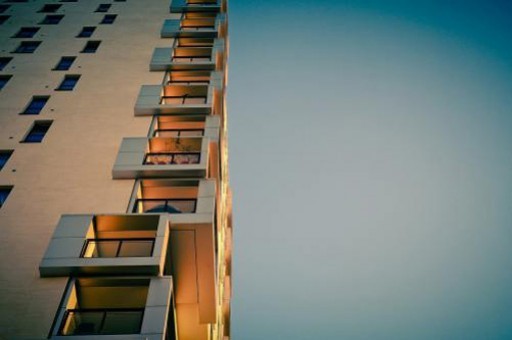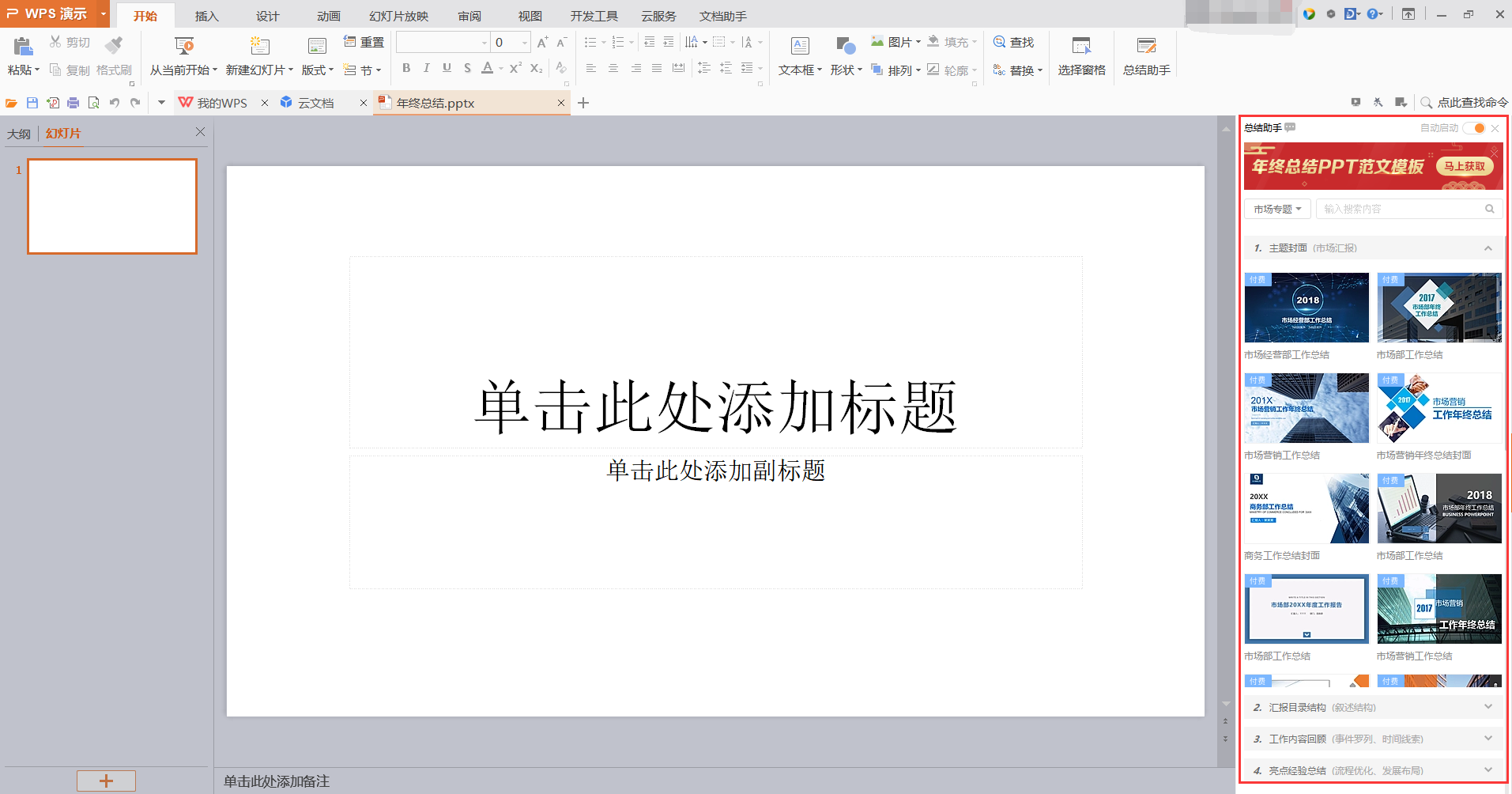Matlab基础题总结和习题提示
安装与使用说明:https://blog.csdn.net/zhangrelay/article/details/79622079
网页版本:https://blog.csdn.net/zhangrelay/article/details/79529824
浓缩指令备忘录和习题提示:
下载链接::https://share.weiyun.com/5XlV19a 密码:ebu4qp
推荐使用新版matlab,如2017a、2017b等。
中文官网:http://cn.mathworks.com/
中文论坛:http://www.ilovematlab.cn/forum.php
帮助文档:http://cn.mathworks.com/help/
对应实验1到实验8:
Matlab习题提示:
实验1:
%1.1
clc;
%1.2
x0=10;v0=15;a=-9.84;t=5;
x=x0+v0*t+0.5*a*t.^2;
disp(x)
%1.3 ln log() log log10() 180 = pi x.*x x*x
z1=2*sin(pi*85/180)/(1+exp(2))
x=[2 1+2i;-0.45 5]
z2=0.5*log(x+sqrt(1+x^2))
t=0:0.5:2.5
z3=(t>=0&t<1).*(t.^2)+(t>=1&t<2).*(t.^2-1)+(t>=2&t<3).*(t.^2-2*t+1)
%1.4 plot()
x=0:0.1:10;
y=2*exp(-0.2*x);
plot(x,y);
%1.5 exa1 exa2 exa8....
实验2:
%zeros(n)... linspace(1,5,5)... logspace(1,5,5.5)...A[] A()...A.*B
%A*B...rank()...eig(A)...det(A)
%2.1
%2.2
%2.3 x=A\B A*x=B
%2.4
randn(6,6)
%2.5 help rand ...
rand('state',0)
a=rand(2,2)
s1=num2str(a)
ss=sprintf('%.10e\n',a)
fprint('%.5g\',a)
s_sscan=sscanf(ss,'%f',[3,2])
%2.6
%2.7 P=UI=I2R linspace
Rs=linspace(50,50,1001);Vs=linspace(120,120,1001);
Rl=0:0.1:100;
Il=Vs./(Rs+Rl);
Pl=(Il.*Il).*Rl;
[Plmax,Rlnum]=max(Pl)
plot(Rl,Pl)
实验3:
%plot(),subplot(),figure(),hold on,bar(),
%area(),pie(),hist(),stem(),stairs,plot3(),
%mesh(),surf(),view(),
%3.1 %3.2 %3.3%3.4%3.5%3.6%Q
x=-10:0.1:10;
y=sqrt((64-x.*x)/2.0);
y1=-sqrt((64-x.*x)/2.0);
plot(x,y);
hold on;
plot(x,y1);
t=-10:0.1:10;
x=sin(t);
y=cos(t);
plot(x,y);
y=sin(x.^-1);
plot(x,y);
fplot(x,y); %error
function Y = myfun(x)
Y(:,1) = x(:);
Y(:,2) = sin(x(:).^-1);
fh = @myfun;
fplot(fh,[-2 2])
x=-3:0.1:3;
y=-3:0.1:3;
[X,Y]=meshgrid(x,y);
Z=-X.^2+Y.^2;
figure(1);
mesh(X,Y,Z);
figure(2);
surf(X,Y,Z);
a=1;
x=a*sin(t);
y=sqrt(25-a^2)*cos(t);
subplot(2,2,1)
plot(x,y);
a=2;
x=a*sin(t);
y=sqrt(25-a^2)*cos(t);
subplot(2,2,2)
plot(x,y);
a=3;
x=a*sin(t);
y=sqrt(25-a^2)*cos(t);
subplot(2,2,3)
plot(x,y);
a=4;
x=a*sin(t);
y=sqrt(25-a^2)*cos(t);
subplot(2,2,4)
plot(x,y);
实验4:
4.1 注意syms x y 与 x=sym('6'); 具体过程如下:
syms x y;
x=sym('6');
y=sym('5');
sprintf('z符号表达式求解结果为:')
z=(x+1)/(sqrt(3+x)-sqrt(y))
4.2 factor() 参考例题即可
4.3 simple() 具体示例如下:
syms p1 p2 x
F=sin(p1)*cos(p2)-cos(p1)*sin(p2)
sprintf('F化简结果为')
f=simple(F)
G=(4*x^2+8*x+3)/(2*x+1)
sprintf('G化简结果为')
g=simple(G)
syms x;
f=x^6+1;
s=factor(f)
syms x;
f=x^2-1;
s=factor(f)
syms h n x;
L=limit((log(x+h)-log(x))/h,h,0)
M=limit((1-x)/n^n,n,inf)
N=limit((1-x/n)^n,n,inf)
syms a x;
y=sin(a*x);
A=diff(y,x)
B=diff(y,a)
C=diff(y,x,2)
syms n;
S=symsum(1/n^2,1,inf)
S1=symsum(1/n^2,1,10)
S2=symsum(n,1,100)
syms x;
f=x*sin(x);
F=fourier(f)
syms x y;
x=sym('6');
y=sym('5');
z=(x+1)/(sqrt(3+x)-sqrt(y))
syms x1 x2;
f=sin(x1)*cos(x2)-cos(x1)*sin(x2);
p=simple(f)
syms x y;
f=x^4-y^4;
s=factor(f)
syms x1 x2;
syms p1 p2 x
F=sin(p1)*cos(p2)-cos(p1)*sin(p2)
sprintf('F化简结果为')
f=simple(F)
G=(4*x^2+8*x+3)/(2*x+1)
sprintf('G化简结果为')
g=simple(G)
syms x y;
x=sym('6');
y=sym('5');
sprintf('z符号表达式求解结果为:')
z=(x+1)/(sqrt(3+x)-sqrt(y))
实验5:选择结构(if else)示例有错误。
5.1 if else习题
word=input('请输入一个字符,','s')
if word>='A'&word<='Z'
sprintf('是大写字母啊!!!')
char(word+1)
elseif word>='a'&word<='z'
sprintf('是小写字母啊!!!')
char(word-1)
elseif word>='1'&word<='9'
sprintf('是数字啊!!!')
char(word)
else
sprintf('都是些什么啊!!!')
char(word)
end
5.2 switch case习题
word=input('请输入字符串,','s')
switch word
case 'Monday'
disp('1')
case 'Sunday'
disp('7')
case 'Happy'
disp('666')
otherwise
disp('Unknown')
end
5.3 参考如下:
A=[2 2 2;3 4 3];B=[1 2;3 2;6 6];
try
sprintf('1')
C=A*B
catch
sprintf('2')
C=A.*B
end
5.4
a=20;b=-2;c=0;d=1;
disp('a>b'),a>b
disp('b>d'),b>d
disp('a>b&c>d'),a>b&c>d
disp('a==b'),a==b
disp('a&b>c'),a&b>c
disp('~~b'),~~b
5.5 类似5.4
思考题
s=0;
a=2;
b=1;
t=0;
for i=1:16
s=s+a./b;
t=a;
a=a+b;
b=t;
end
s
实验六
具体参考指导书
实验七
效果图:
代码(请慎重使用全局变量):
function varargout = ex7gui(varargin)
% EX7GUI M-file for ex7gui.fig
% EX7GUI, by itself, creates a new EX7GUI or raises the existing
% singleton*.
%
% H = EX7GUI returns the handle to a new EX7GUI or the handle to
% the existing singleton*.
%
% EX7GUI('CALLBACK',hObject,eventData,handles,...) calls the local
% function named CALLBACK in EX7GUI.M with the given input arguments.
%
% EX7GUI('Property','Value',...) creates a new EX7GUI or raises the
% existing singleton*. Starting from the left, property value pairs are
% applied to the GUI before ex7gui_OpeningFunction gets called. An
% unrecognized property name or invalid value makes property application
% stop. All inputs are passed to ex7gui_OpeningFcn via varargin.
%
% *See GUI Options on GUIDE's Tools menu. Choose "GUI allows only one
% instance to run (singleton)".
%
% See also: GUIDE, GUIDATA, GUIHANDLES
% Copyright 2002-2003 The MathWorks, Inc.
% Edit the above text to modify the response to help ex7gui
% Last Modified by GUIDE v2.5 28-Mar-2018 14:02:01
% Begin initialization code - DO NOT EDIT
gui_Singleton = 1;
gui_State = struct('gui_Name', mfilename, ...
'gui_Singleton', gui_Singleton, ...
'gui_OpeningFcn', @ex7gui_OpeningFcn, ...
'gui_OutputFcn', @ex7gui_OutputFcn, ...
'gui_LayoutFcn', [] , ...
'gui_Callback', []);
if nargin && ischar(varargin{1})
gui_State.gui_Callback = str2func(varargin{1});
end
if nargout
[varargout{1:nargout}] = gui_mainfcn(gui_State, varargin{:});
else
gui_mainfcn(gui_State, varargin{:});
end
% End initialization code - DO NOT EDIT
% --- Executes just before ex7gui is made visible.
function ex7gui_OpeningFcn(hObject, eventdata, handles, varargin)
% This function has no output args, see OutputFcn.
% hObject handle to figure
% eventdata reserved - to be defined in a future version of MATLAB
% handles structure with handles and user data (see GUIDATA)
% varargin command line arguments to ex7gui (see VARARGIN)
% Choose default command line output for ex7gui
handles.output = hObject;
global BB;
% Update handles structure
guidata(hObject, handles);
% UIWAIT makes ex7gui wait for user response (see UIRESUME)
% uiwait(handles.figure1);
% --- Outputs from this function are returned to the command line.
function varargout = ex7gui_OutputFcn(hObject, eventdata, handles)
% varargout cell array for returning output args (see VARARGOUT);
% hObject handle to figure
% eventdata reserved - to be defined in a future version of MATLAB
% handles structure with handles and user data (see GUIDATA)
% Get default command line output from handles structure
varargout{1} = handles.output;
% --- Executes on button press in pushbutton1.
function pushbutton1_Callback(hObject, eventdata, handles)
% hObject handle to pushbutton1 (see GCBO)
% eventdata reserved - to be defined in a future version of MATLAB
% handles structure with handles and user data (see GUIDATA)
%figure(1);
AA = str2double(get(handles.edit1,'String'));
global BB
x=-10:0.1:10;
%plot(x,sin(x)+cos(x)+x)
line(x,AA*(sin(BB*x)+cos(BB*x))+x)
% --- Executes on button press in pushbutton2.
function pushbutton2_Callback(hObject, eventdata, handles)

% hObject handle to pushbutton2 (see GCBO)
% eventdata reserved - to be defined in a future version of MATLAB
% handles structure with handles and user data (see GUIDATA)
cla;
% --- Executes on button press in pushbutton3.
function pushbutton3_Callback(hObject, eventdata, handles)
% hObject handle to pushbutton3 (see GCBO)
% eventdata reserved - to be defined in a future version of MATLAB
% handles structure with handles and user data (see GUIDATA)
function edit1_Callback(hObject, eventdata, handles)
% hObject handle to edit1 (see GCBO)
% eventdata reserved - to be defined in a future version of MATLAB
% handles structure with handles and user data (see GUIDATA)
% Hints: get(hObject,'String') returns contents of edit1 as text
% str2double(get(hObject,'String')) returns contents of edit1 as a double
%AA = str2double(get(hObject,'String'))
% --- Executes during object creation, after setting all properties.
function edit1_CreateFcn(hObject, eventdata, handles)
% hObject handle to edit1 (see GCBO)
% eventdata reserved - to be defined in a future version of MATLAB
% handles empty - handles not created until after all CreateFcns called
% Hint: edit controls usually have a white background on Windows.
% See ISPC and COMPUTER.
if ispc
set(hObject,'BackgroundColor','white');
else
set(hObject,'BackgroundColor',get(0,'defaultUicontrolBackgroundColor'));
end
% --- Executes on button press in radiobutton1.
function radiobutton1_Callback(hObject, eventdata, handles)
% hObject handle to radiobutton1 (see GCBO)
% eventdata reserved - to be defined in a future version of MATLAB
% handles structure with handles and user data (see GUIDATA)
% Hint: get(hObject,'Value') returns toggle state of radiobutton1
if get(hObject,'Value')
grid on;
else
grid off;
end
% --- Executes on slider movement.
function slider2_Callback(hObject, eventdata, handles)
% hObject handle to slider2 (see GCBO)
% eventdata reserved - to be defined in a future version of MATLAB
% handles structure with handles and user data (see GUIDATA)
% Hints: get(hObject,'Value') returns position of slider
% get(hObject,'Min') and get(hObject,'Max') to determine range of slider
global BB
BB=50*get(hObject,'Value')+1
% --- Executes during object creation, after setting all properties.
function slider2_CreateFcn(hObject, eventdata, handles)
% hObject handle to slider2 (see GCBO)
% eventdata reserved - to be defined in a future version of MATLAB
% handles empty - handles not created until after all CreateFcns called
% Hint: slider controls usually have a light gray background, change
% 'usewhitebg' to 0 to use default. See ISPC and COMPUTER.
usewhitebg = 1;
if usewhitebg
set(hObject,'BackgroundColor',[.9 .9 .9]);
else
set(hObject,'BackgroundColor',get(0,'defaultUicontrolBackgroundColor'));
end
--
实验八:
simulink
注意模块一定要确保准确,参数正确。
----~~~~----
MATLAB
版权声明:本文内容由网络用户投稿,版权归原作者所有,本站不拥有其著作权,亦不承担相应法律责任。如果您发现本站中有涉嫌抄袭或描述失实的内容,请联系我们jiasou666@gmail.com 处理,核实后本网站将在24小时内删除侵权内容。
版权声明:本文内容由网络用户投稿,版权归原作者所有,本站不拥有其著作权,亦不承担相应法律责任。如果您发现本站中有涉嫌抄袭或描述失实的内容,请联系我们jiasou666@gmail.com 处理,核实后本网站将在24小时内删除侵权内容。



